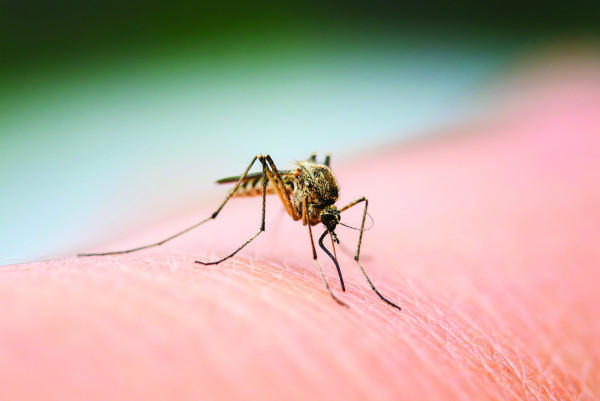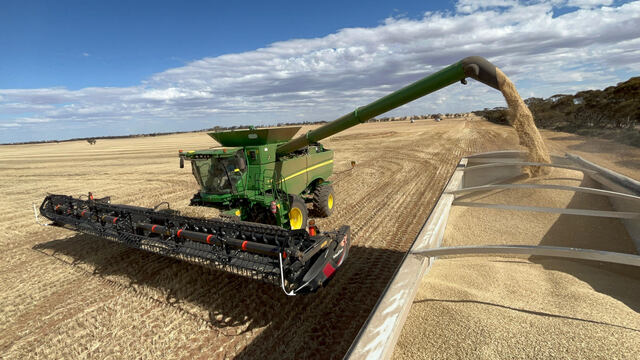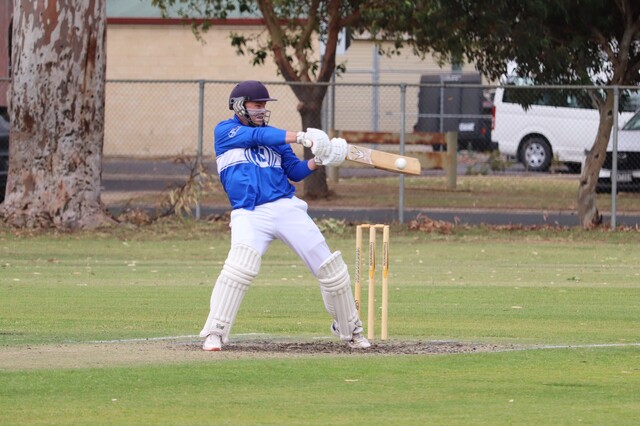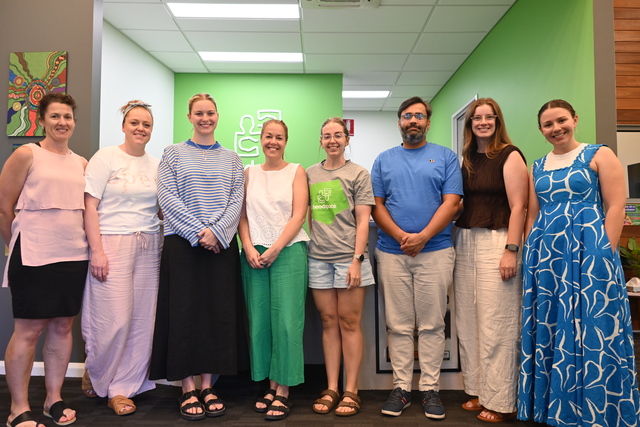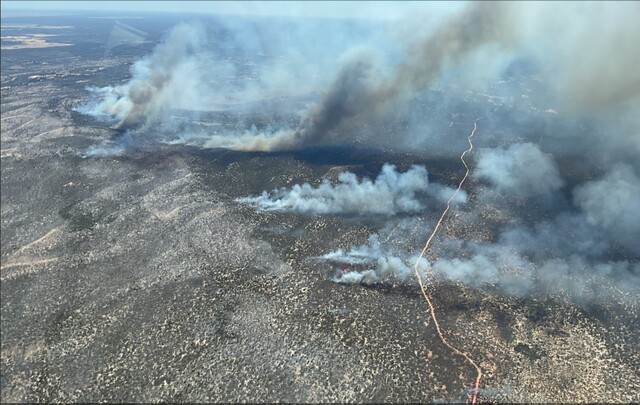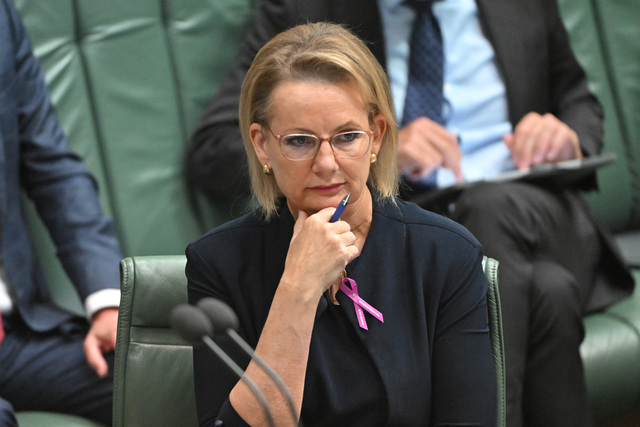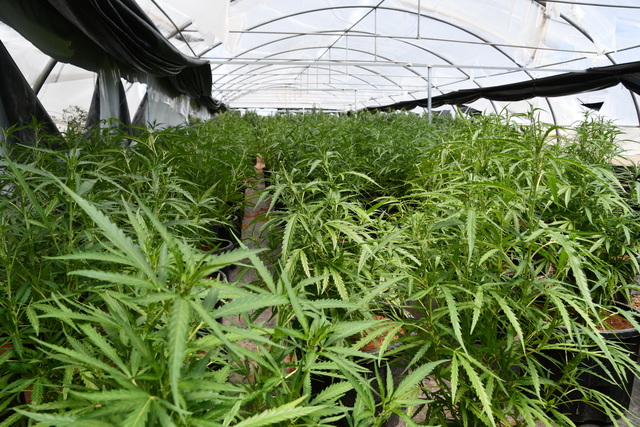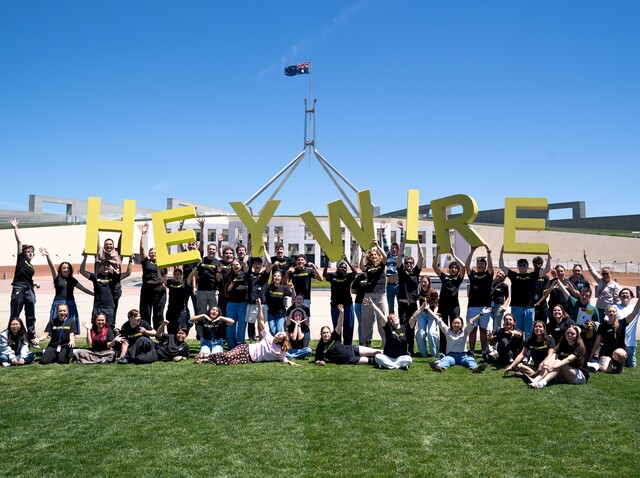MOSQUITO surveillance and control has been increased by Gannawarra Shire Council after the recent flooding and storms.
Stagnant water and warm weather will provide ideal breeding conditions for mosquitoes over the coming weeks.
Council chief executive Geoff Rollinson said the Shire was committed to reducing the risks associated with an increase in mosquito numbers.
“Whilst most mosquitoes are just a nuisance, others can carry diseases, such as Ross River Virus and Japanese Encephalitis,” he said.
Staff have started targeting roadside drains, public parks, and residential water basins.
Pro-active treatment to reduce mosquito breeding will be the priority. Some targeted fogging to kill adult mosquitoes on public land may also occur where this is deemed necessary.
“Council works closely with the Department of Health to undertake mosquito surveillance and control activities across the Gannawarra each year between October and March as part of the annual Victorian Mosquito Management and Control Program,” Mr Rollinson said.
“Mosquito control is a community-wide issue and residents are responsible for reducing the opportunity for mosquitoes to breed on private property.
“Items like pot plant stands, animal watering containers, rainwater tanks, blocked guttering, and unmaintained swimming pools can become significant breeding sites on private land,” Mr Rollinson said.
Residents should remove stagnant water and keep the area around homes well maintained to reduce mosquito breeding sites. A knockdown fly-spray or surface spray can also be effective.
To reduce mosquito breeding on larger properties, mosquito control products are readily available from local rural supply and select hardware stores or by engaging the services of a licensed pest controller.
Health Minister Mary-Anne Thomas last week encouraged those living in flood-impacted communities to be on high alert in the coming weeks.
While mosquito-borne diseases cannot spread from person-to-person and most cases will be mild, for some people transmission can lead to severe and long-term health complications.
Victorians in high-risk areas are also eligible for a free Japanese encephalitis vaccine – available at local GPs, Aboriginal community-controlled health organisations, community pharmacies and local councils.
During mosquito season (November to April), public health measures are implemented to prevent and control disease, including the Victorian Arbovirus Disease Control Program’s statewide surveillance program.
No cases of Murray Valley encephalitis or Japanese encephalitis have been detected to date this season, including zero detections in trapped mosquitoes, however, flood waters have now increased the risk.

